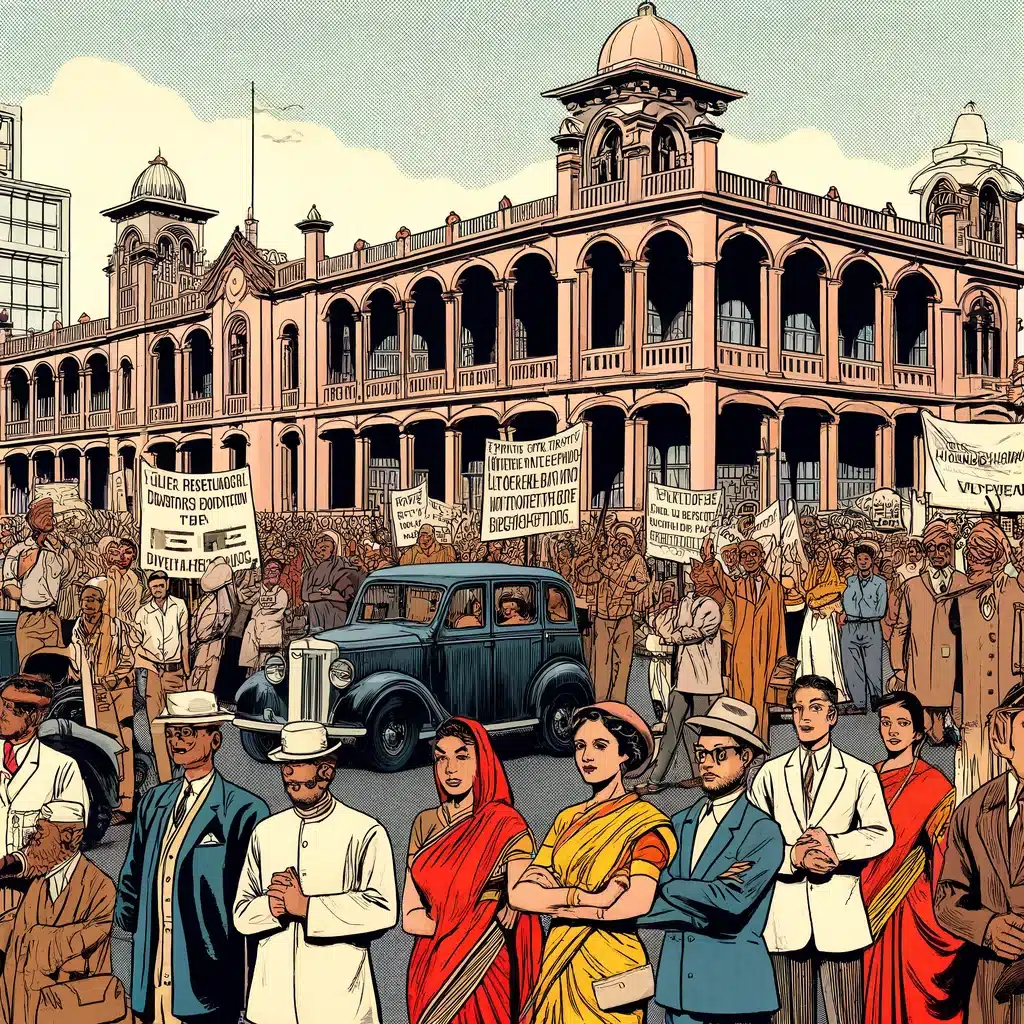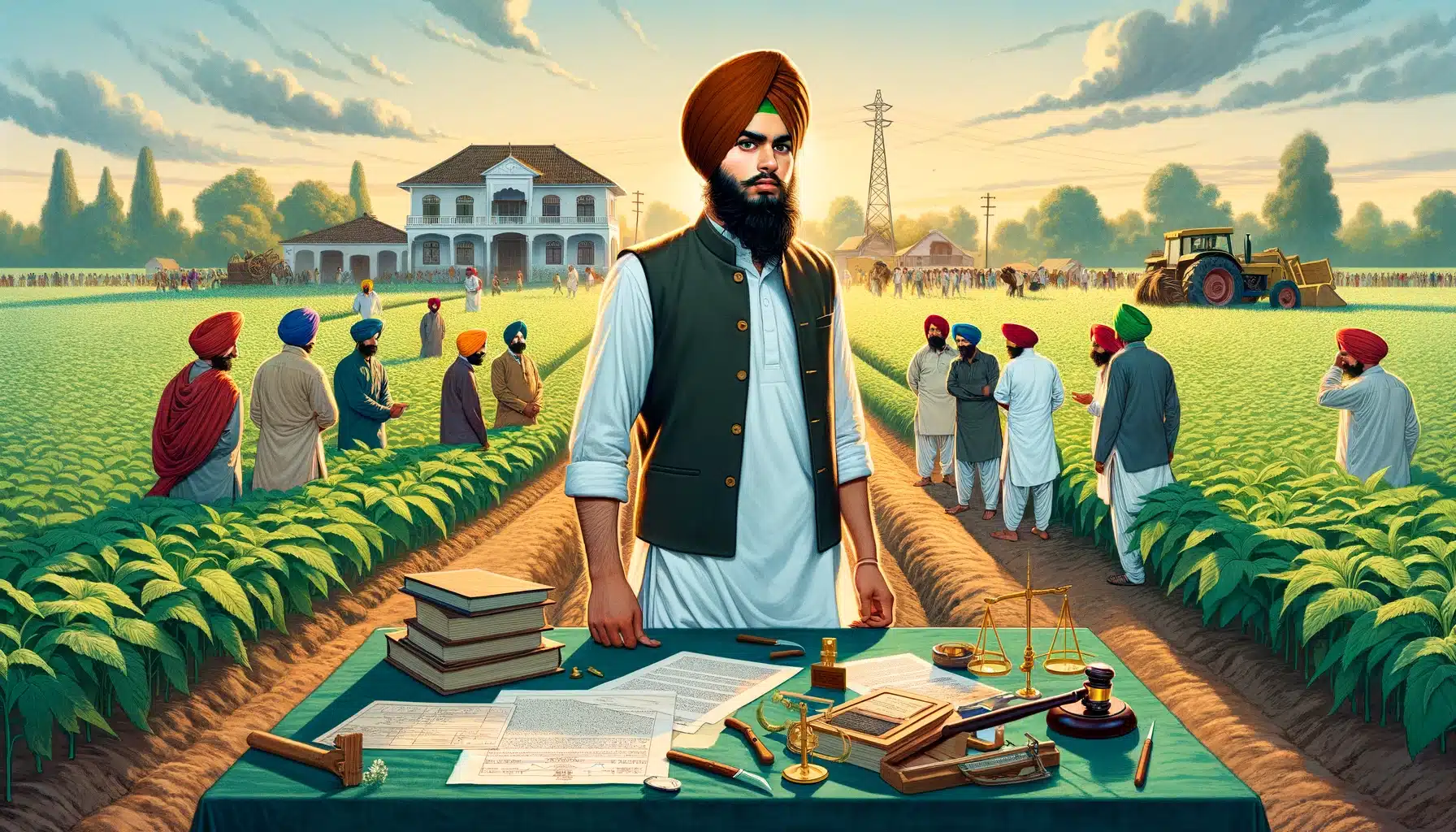Aug 9, 2020 17:35 UTC
| Updated:
Aug 9, 2020 at 17:35 UTC
Minorities under attack: Religion-established hatred and struggle in Pakistan
Introduction
Following increased disturbances of destruction, racism, and hatred towards members of theological and sectarian minority societies across Pakistan, the Human Rights Commission of Pakistan (HRCP) [1]assembled the Working Group on Communities Exposed because of their Ideas in June 2010, to bring commonly delegates from minority groups across Pakistan to discuss the developing faith-based difficulties they face. Building on the conferences supported by the Working Group, FIDH, and its member organization, HRCP created a studio in Karachi on 25 and 26 January 2014[2] with delegates from different religious minorities in Pakistan, to consider the difficulties and discrimination on the grounds of faith faced by minority and exposed communities across Pakistan, and to receive suggestions on how to end the struggle, hatred they face. The workshop served as a common discussion for community delegates to switch views on the difficulties they face and potential clarifications, and aimed at recognizing institutional changes and plans to enhance freedom of morality as well as the stability of religious minorities in Pakistan. The seminar was an occasion for delegates from minority communities to discover from one another and to be presented to broader views on these issues, through the revision of practices with human rights supporters from Pakistan and other countries in the area who were requested to participate. A wide range of areas were expressed in the seminar, including the Ahmadi, Bahai, Christian, Hindu, Muslim (among them Shia
including Hazara Shias), Sikh, and Zoroastrian (Parsi) communities from crossed Pakistan. Several HRCP members, worldwide authorities, lawyers, administrators, and media representatives also joined. Although the difficulties faced by the many minority communities served in the workshop are not indistinguishable, many difficulties are similar.
Discrimination under the constitution and the law;[3]
Hatred toward religious minorities of Pakistan was formalized in the country’s first Constitution affirmed in 1956, and was finally strengthened in the 1962 and 1973 amendments of the Constitution. The Constitution of Pakistan, in article 25 (1), [4]ensures that “all citizens are equal before the law and are authorized to coordinate protection of the law.” Article 5 [5]provides that “enough preparation shall be executed for the minorities to willingly confess and function their beliefs and strengthen their lifestyles,” and article 33[6] states that the land must withhold sectional, racial, group, limited, and rural biases amongst citizens. Nevertheless, these procurements have nevermore been completely fulfilled in practice, and are confronted by other provisions of the Constitution.
Firstly, Article 2[7] states that “Islam shall be the State religion of Pakistan,” and article 31 [8]states that it is the governmen’s responsibility to promote the Islamic way of life.
Article 41(2) [9]grants that “a person shall not be restricted for election as President unless he is a Muslim,” and article 227 (1)[10] states that “all present laws shall be made in compliance with the Directives of Islam as placed down in the Holy Qur’an and Sunnah, in this Part connected to as the Directives of Islam, and no law shall be passed which is opposed to such Directives.” Even article 20 [11]of the Constitution, which sanctifies every citizen’s “right to declare, work and develop his religion” and that “every spiritual faith and every order thereof shall have the right to secure, control and manage its theological institutions”, is “established to law, public order and righteousness,” and is thus opposed in law and practice when it comes to the rights of spiritual
minorities in Pakistan. In addition to the Constitution, many laws have been enacted that formalise the difference toward Pakistan’s religious minority societies. Following General Zia Ul Haq’s rule (President from 1977 to 1988), [12]the government saved no attempts to bring Pakistan’s civil and criminal laws in order with Sharia law, therefore building law that restricts the freedoms of non-Muslims. In 1979, Zia Ul Haq also announced the establishment of an equal constitutional system – the Shari’a courts– to try matters under Islamic law. In May 1980, the separate Shari`a tribunal was reconstructed and incorporated below the Federal Shari`a Court, with the efficiency to guarantee that all parliamentary acts and administrative pronouncements were cooperative with Islamic law. The Shari`a Court order has weakened the power of the Superior Courts in Pakistan and functions as a “super-legislature’ as it can command a quick review of public laws and its laws are obligatory on high and lower courts. This legal system is by interpretation biased to individuals who do not follow the State’s understanding of Islamic law.
The role of the media;
The scope and difference of Pakistani media have increased considerably overhead in the last two decades. Ere 2004 there were just newspapers that published mainstream broadcast stories; now the Pakistani society has the entrance to television channels, autonomous magazines, and electronic media that express a larger range of views. Although, there continues a significant prejudice with which the complaints of minorities, their activities and performances are projected in the media. Discrimination through the media is especially acute toward the Ahmadi community. Hate attacks against Ahmadis have been carried out in an organized practice, through stickers put on buses, wall chalking, and circulation of brochures. This hatred language is often broadcasted by the media, but the legitimacy of such reports is infrequently questioned,
nor is the view of the Ahmadis represented. The media judiciously describes conversions of non-Muslims to Islam, most often representing these as positive accounts, but remains silent on the “planned conversions” taking place, especially in Sindh, where various madrasas have violently converted non-Muslims, abducted Hindu girls to effectively persuade them to Islam, or accused non-Muslims of blasphemy.
Conclusion
The opposition is being promoted in the community through the improper delegation of minorities in curricula and in-class textbooks, and teenagers are being rejected the right to take the religion they want to consider if any. Everywhere the pattern of spiritual discrimination, women, and girls suffer increased, notably within the practice of limited growth and forced marriages. Perpetrators of faith-based struggle do not fear equity due to widespread exception for such crimes, which in turn fires the perpetration of moreover crimes. The judges and lawyers concerned in the accuser of these crimes are barred from performing due to the deficiency of or poor security of their protection. The Pakistani governments have abandoned to ensure justice, decency, rule of law, and the stability of human rights of all Pakistanis, and therefore performed themselves accountable for serious crimes of international human rights law.
[1] Registered in 1987, the Human Rights Commission of Pakistan (HRCP) is an independent, democratic, nonpartisan organisation committed to supporting human rights in the country.
[2] Press Battle in Pakistan Feeds into Larger Conflict: Government vs. Military read the full article on Source Link.
[3] Constitution of Pakistan- the Constitution of the Islamic Republic of Pakistan, also known as the 1973 Constitution, is the supreme law of Pakistan. Drafted by the government of Zulfiqar Ali Bhutto, with additional assistance from the country’s opposition parties, it was approved by the Parliament on 10 April and ratified on 14 August 1973.
[4] Equality of citizens. — (1) All citizens are equal before law and are entitled to equal protection of law.
(2) There shall be no discrimination on the basis of sex
(3) Nothing in this Article shall prevent the State from making any special provision for the protection of women and children.
[5] Loyalty to State and obedience to Constitution and law. -(1) Loyalty to the State is the basic duty of every citizen. (2) Obedience to the Constitution and law is the 1[inviolable] obligation of every citizen wherever he may be and of every other person for the time being within Pakistan.
[6] Parochial and other similar prejudices to be discouraged. –The State shall discourage parochial, racial, tribal, sectarian and provincial prejudices among the citizens.
[7] Islam to be State religion. –Islam shall be the State religion of Pakistan
[8] Islamic way of life. -(1) Steps shall be taken to enable the Muslims of Pakistan, individually and collectively, to order their lives in accordance with the fundamental principles and basic concepts of Islam and to provide facilities whereby they may be enabled to understand the meaning of life according to the Holy Quran and Sunnah.
(2) The State shall endeavour, as respects the Muslims of Pakistan, –
(a) to make the teaching of the Holy Quran and Islamiat compulsory, to encourage and facilitate the learning of Arabic language and to secure correct and exact printing and publishing of the Holy Quran;
(b) to promote unity and the observance of the Islamic moral standards; and
(c) to secure the proper organisation of Zakat, 1[ushr,] auqaf and mosques
[9] The President. — (1) There shall be a President of Pakistan who shall be the Head of State and shall represent the unity of the Republic.
(2) A person shall not be qualified for election as President unless he is a Muslim of not less than forty-five years of age and is qualified to be elected as member of the National Assembly. 1[(3) The President 2 shall be elected in accordance with the provisions of the Second Schedule by the members of an electoral college consisting of—
(a) the members of both Houses; and
(b) the members of the Provincial Assemblies.]
[10] Provisions relating to the Holy Quran and Sunnah. -(1) All existing laws shall be brought in conformity with the Injunctions of Islam as laid down in the Holy Quran and Sunnah, in this Part referred to as the Injunctions of Islam, and no law shall be enacted which is repugnant to such injunctions.
[11] Freedom to profess religion and to manage religious institutions. — Subject to law, public order and morality-
(a) every citizen shall have the right to profess, practice and propagate his religion; and
(b) every religious denomination and every sect thereof shall have the right to establish, maintain and manage its religious institutions.
[12] Muhammad Zia-ul-Haq. Muhammad Zia-ul-Haq (12 August 1924 – 17 August 1988) was a Pakistani four-star general who became the sixth President of Pakistan after declaring martial law in 1977. He served as the head of state from 1978 until his death in 1988. He remains the country’s longest-serving head of state



































